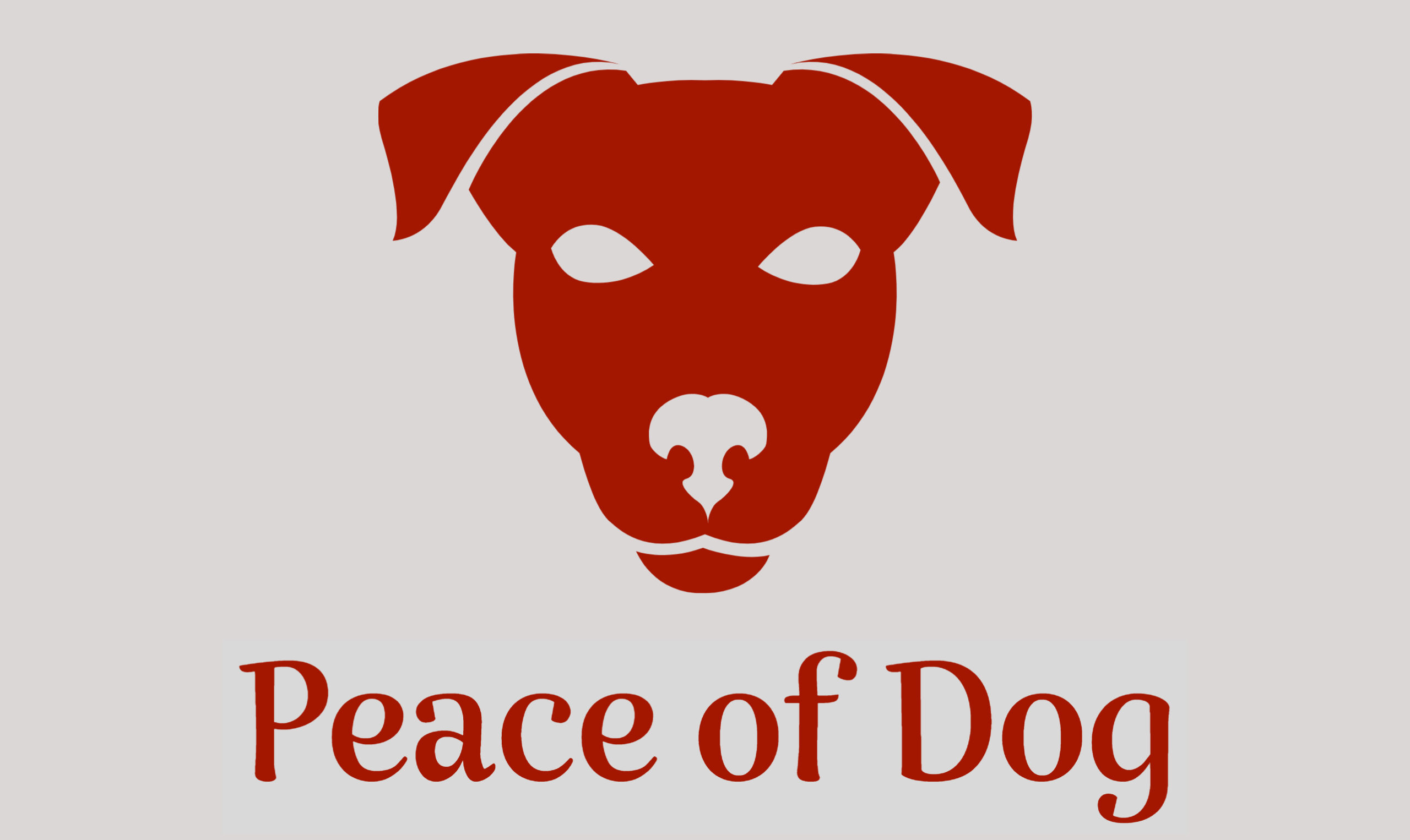Ash Wednesday marks the beginning of the season of Lent. This is a six-week period of fasting, reflection, and examination of our lives.
Giving Up

What are you giving up for Lent? Those who grew up in communities with a large Roman Catholic or Episcopal population are familiar with this question. Lent was a time for “giving up” something. Frequently, it was something appealing like coffee or alcohol or chocolate. Some folks turned Lent into another opportunity to go on that diet that was supposed to be the New Year’s resolution that was abandoned by February.
This “giving up” was reflected during the rest of the year by the “fish on Fridays”. I never liked fish and never understood why we had to eat fish on Friday. When I was older I understood that it was not about tuna casserole as much as it was abstaining from eating meat on Fridays in a small observance and remembering of the death of Jesus on Good Friday.
The Orthodox Churches have a strict rule surrounding the Lenten Fast that abstains from meat during the whole season and from oils and other fats (even olive oil) for the same reason. Fat Tuesday recalls the Lenten prohibition in giving up fat and eggs and so making pancakes! In England, they even race their pancakes on Shrove Tuesday.
Similarly, Sundays are a weekly remembrance of Easter Sunday and so they are celebrated. Historically, this was with a big Sunday dinner or by visiting friends and relatives on Sunday afternoons.
Taking On

Further on in my spiritual journey came the notion of taking on a spiritual discipline during Lent. The idea was to use the time in Lent more meditatively and to learn something new about oneself so as to develop a ministry to which one was suited and called.
This is an admirable path, but only a bit less shallow than the traditional “giving up.”
What is there to do in spiritual discipline? Some read a spiritual book. Some go to the Lenten studies offered by many churches. Some take on an intentional approach to regular prayer. These are all laudable things that will, hopefully, deepen one’s knowledge of oneself, or one’s church, or spiritual gifts.
What is Lent really about?
The Episcopal Church’s Book of Common Prayer has the following invitation to observe a holy Lent:
“Dear People of God: The first Christians observed with great devotion the days of our Lord’s passion and resurrection, and it became the custom of the Church to prepare for them by a season of penitence and fasting. This season of Lent provided a time in which converts to the faith were prepared for Holy Baptism. It was also a time when those who, because of notorious sins, had been separated from the body of the faithful were reconciled by penitence and forgiveness, and restored to the fellowship of the Church. Thereby, the whole congregation was put in mind of the message of pardon and absolution set forth in the Gospel of our Savior, and of the need which all Christians continually have to renew their repentance and faith.”
Repentance, from the word “repent,” is from the Greek word “metanoia” which means a change of mind or reorientation. The Hebrew word is “teshuva” which comes from the verb “to return.”
Return

People can learn from dogs in this regard. One of the first things people do with their dogs is to teach them their names so that they can come when they’re called. This is teshuva, metanoia, or repentance in action! “Recall” is one of the most important commands because it is how a dog’s owner can keep it safe from a dangerous situation, or otherwise get into trouble.
God Calls Us by Name
Jesus tells us that God knows us so well that even the hair on our heads is numbered. Perhaps, our repentance is us learning God’s recall so that we can turn around and return to Him so that we stay out of our own dangerous situations and stay out of trouble.
God isn’t concerned as much about how much coffee or chocolate we consume, how many spiritual books we’ve read, or how many classes we’ve attended. God wants us to focus on Him. As we know what is best for our dogs, God knows what’s best for us.
